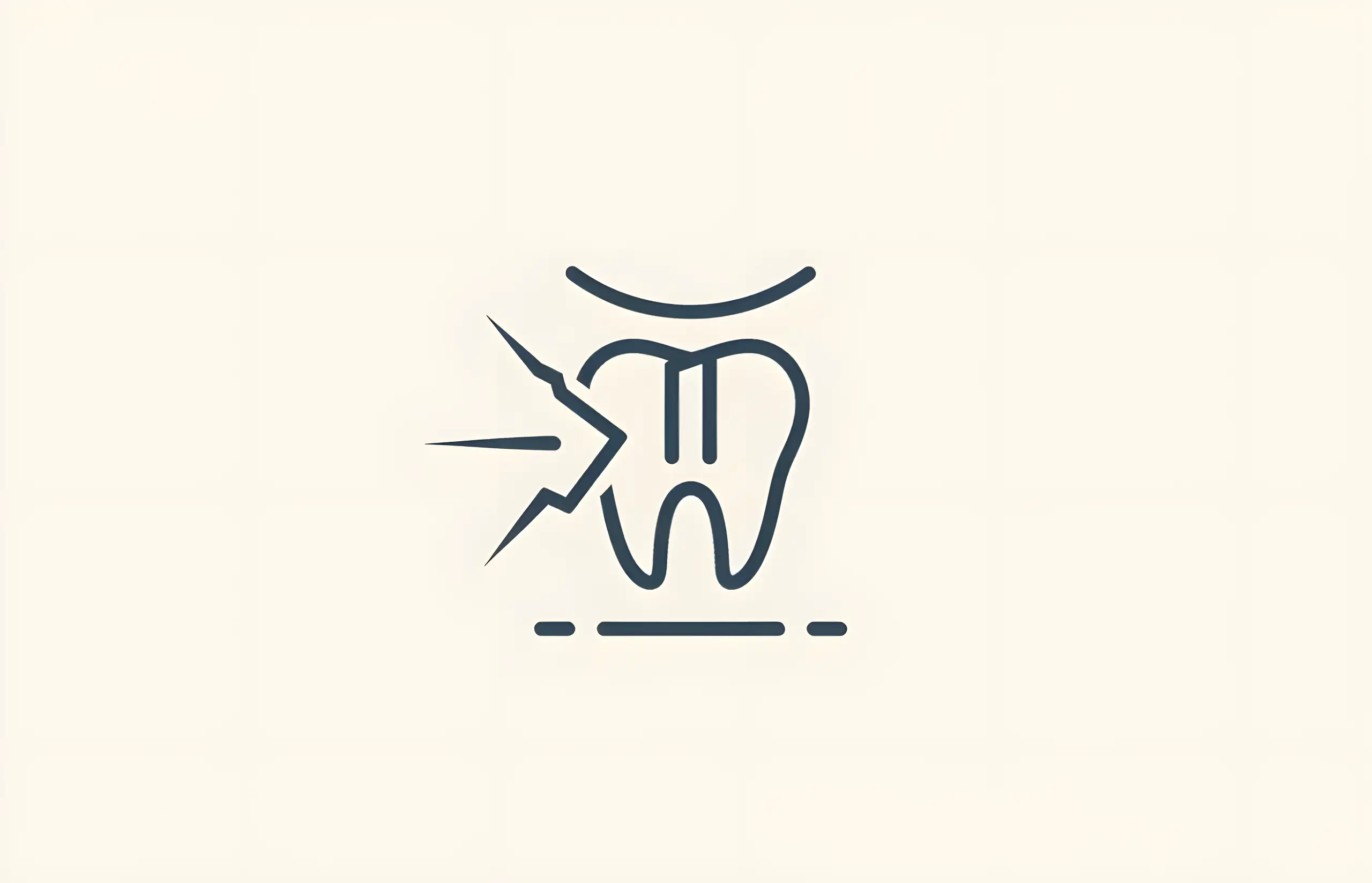Taking care of your teeth involves some uncertainty. How do you know which treatments are best for your dental health? More importantly, are these treatments right for your teeth in the long haul? Veneers, for example, do help improve your smile, but you might still wonder about the teeth underneath them and whether veneers cause long-term damage.
Research provides clear evidence-based answers. A 2025 systematic review and meta-analysis published in the Journal of Prosthetic Dentistry found that ceramic veneers bonded to enamel achieved 99% survival and success rates (98-100% range), demonstrating excellent long-term tooth health outcomes. However, the same study found that veneers with severe dentin exposure had significantly lower outcomes—91% survival and only 74% success rates.
The key to understanding whether veneers "ruin" your teeth lies in how they're prepared, placed, and maintained.
The Benefits of Veneers
Veneers serve many dental purposes, mainly to cover chipped teeth or to brighten your smile when whitening or bleaching is not an option. They go over the front side of teeth as thin covers made from resin composite or porcelain, depending on their intended purpose.
Research analyzing 6,500 porcelain veneers across 25 clinical studies found that the 10-year estimated cumulative survival rate is 95.5%, with specific failure mode survival rates:
- Fracture alone: 96.3% ten-year survival
- Debonding alone: 99.2% ten-year survival
- Secondary caries alone: 99.3% ten-year survival
- Endodontic treatment need alone: 99.0% ten-year survival
Veneers are strong and long-lasting and are even built to resist staining. Porcelain veneers especially look like natural teeth, so they work great for fixing chipped teeth and addressing various cosmetic concerns.
If you're worried about dentist time and care, porcelain veneers typically require 2-3 visits over 2-4 weeks, though minimal-prep and no-prep options may reduce this.
How Are Veneers Fitted?
Veneers fit teeth differently depending on their material and the preparation approach used.
Traditional Porcelain Veneers
Porcelain veneers are customized for your teeth and then bonded to the tooth. The dentist removes a small amount of enamel from the treated tooth beforehand—typically 0.3-0.7mm according to research—so the veneer looks like a natural tooth without appearing bulky.
Research shows that "a labial reduction of 0.4 to 0.6 mm resulted in an intraenamel preparation, other than in the cervical region" where the tooth meets the gum. This means proper preparation depth usually keeps the preparation within protective enamel except at the gum line.
Composite Resin Veneers
Resin-composite veneers, on the other hand, don't require unique molding or as much tooth enamel removal for a more natural look. Your dentist sculpts the composite material onto your tooth before using a special light to bond the composite to the tooth.
These direct composite veneers typically require less tooth preparation, though research shows they have lower survival rates than porcelain veneers (88% pooled survival versus 95.5% for porcelain).
Minimal-Prep and No-Prep Veneers
A 2023 systematic review found that no-prep/minimal-prep veneers showed remarkably higher survival rates than conventional veneers. One nine-year study found 100% survival for minimally invasive veneers versus only 9.67% for traditional veneers—though this dramatic difference may reflect the specific study population and methods.
No-prep veneers:
- 0.2mm thickness or less
- No enamel removal required
- Reversible treatment option
- Preserves all natural tooth structure
Minimal-prep veneers:
- 0.2-0.5mm thickness
- Minimal enamel removal
- Better outcomes than conventional in some studies
The research emphasizes that these "minimally invasive or no-preparation veneers represent a paradigm shift in restorative procedures, holding the promise of preserving natural tooth structure while obtaining equivalent cosmetic results."
Do Veneers Ruin Your Teeth?
The evidence-based answer: No, veneers do not ruin your teeth when properly placed and maintained. However, they do permanently alter your teeth, and understanding the nuances is essential.
The Enamel Removal Factor
The most significant consideration with veneers is that traditional porcelain veneers require tooth enamel removal before placement. Research confirms that tooth enamel cannot be replaced once it's removed. Your dentist will remove as little enamel as possible (typically 0.3-0.7mm), but this is still an irreversible procedure.
A 2022 study examining tooth preparation for laminate veneers found that average dentin exposure was approximately 30% even when targeting enamel-only preparations. This means that despite efforts to stay within enamel, some dentin exposure commonly occurs.
However, operator expertise makes a dramatic difference:
- Prosthodontists: 10.55% dentin exposure
- Students: 22.82% dentin exposure
- General practitioners: 58.05% dentin exposure
This more than 5-fold difference in dentin exposure rates between prosthodontists and general practitioners demonstrates why choosing an experienced veneer specialist is critical.
Why Enamel Preservation Matters
The 2025 meta-analysis provides definitive evidence on why keeping preparations within enamel is crucial:
Enamel-bonded veneers:
- Survival rate: 99% (98-100% range)
- Success rate: 99% (98-100% range)
- Fewer clinical complications: RD -0.04 (95% CI: -0.09 to 0.02)
- Lower failure rates: RD -0.13 (95% CI: -0.32 to 0.07)
Dentin-exposed veneers (severe):
- Survival rate: 91% (84-98% range)
- Success rate: 74% (64-85% range)
- More complications and failures
The research concludes that "ceramic veneers bonded to enamel showed higher survival and success rates with lower clinical incidences of complications and failure than those bonded to dentin."
Cavity Risk Considerations
Veneers do make it harder to care for your teeth in some respects. Research on secondary caries (cavities around restorations) found that "the restorative material itself has some influence on secondary caries," but other factors are more important:
Primary cavity risk factors:
- Patient caries susceptibility (individual cavity risk)
- Restoration gaps and margin quality
- Dentist clinical experience during placement
- Oral hygiene habits
Cavities can still form in and around veneers, so you need to take extra care in those areas by brushing and flossing daily. Research shows 99.3% 10-year survival for veneers when secondary caries is considered as the isolated reason for failure, indicating that cavity risk is manageable with proper care.
Bruxism and Grinding Concerns
If you grind or clench your teeth (bruxism), veneers might not be a good option because they may chip or break under too much pressure. Research identifies fracture as the most common veneer complication, though the 10-year survival rate for fracture alone is 96.3%.
Veneers can be repaired in the dentist's office, but you should consider protective measures like night guards if you grind your teeth.
Protecting Your Teeth With Veneers
Veneers don't so much ruin your teeth as they leave them vulnerable without proper care. Here's how to protect your teeth long-term:
Excellent Oral Hygiene
Research emphasizes that patient caries risk significantly affects secondary caries development. To minimize cavity risk:
Daily care:
- Brush twice daily with fluoride toothpaste
- Floss carefully around veneer margins daily
- Use non-abrasive toothpaste to avoid surface damage
- Consider antibacterial mouthwash to reduce bacterial load
Professional care:
- Attend regular dental check-ups (every 6 months minimum)
- Professional cleanings remove plaque buildup around margins
- Early detection of any margin gaps or developing issues
- Monitor for any signs of secondary caries
Lifestyle Modifications
Avoid:
- Biting extremely hard foods (ice, hard candy, nuts) directly with veneered teeth
- Using teeth as tools (opening packages, biting nails)
- Contact sports without a protective mouthguard
- Excessive consumption of staining substances (though porcelain resists stains well)
Manage bruxism:
- Wear a night guard if you grind your teeth
- Address stress factors contributing to clenching
- Consider physical therapy or biofeedback for severe cases
Choose the Right Veneer Type
The 2023 systematic review comparing conventional versus minimally invasive veneers found that "meticulous patient management and optimal preparation techniques emerged as crucial factors influencing successful outcomes."
Consider no-prep or minimal-prep veneers if:
- You have ideal tooth position and color
- You want to preserve maximum tooth structure
- You desire a reversible option (no-prep only)
- Research supports superior survival rates for appropriate cases
Consider conventional veneers if:
- Significant color correction is needed
- Tooth shape or alignment requires more substantial changes
- You have existing dental work requiring coverage
- Clinical assessment determines conventional approach is optimal
Select an Experienced Operator
Research demonstrates that operator expertise dramatically affects outcomes. The study showing prosthodontists achieved only 10.55% dentin exposure versus 58.05% for general practitioners provides compelling evidence.
Seek dentists with:
- Extensive veneer placement experience
- Preferably prosthodontic or advanced cosmetic dentistry training
- Portfolio of previous veneer cases
- Understanding of minimal-prep and tooth-conserving techniques
- Commitment to preserving maximum enamel
Alternatives to Traditional Veneers
If you're concerned about enamel removal, several alternatives exist:
No-prep veneers: Preserve all tooth structure while providing cosmetic improvement. Research shows these can achieve 100% survival in appropriate cases.
Composite bonding: Direct resin application with minimal or no tooth preparation. Less expensive and reversible, though with lower longevity than porcelain.
Teeth whitening: For discoloration concerns only, professional whitening preserves all tooth structure.
Orthodontics: For alignment issues, straightening teeth addresses the root cause without enamel removal.
Crowns: For teeth with significant damage or large fillings, crowns may be more appropriate than veneers.
Are Veneers Safe?
Research provides strong evidence that veneers are safe when properly placed and maintained:
Safety evidence:
- 95.5% 10-year survival rate overall
- 99% survival and success for enamel-bonded veneers
- 96.3% 10-year survival when fracture is isolated failure mode
- 99.2% 10-year survival when debonding is isolated failure mode
- 99.3% 10-year survival when secondary caries is isolated failure mode
The 2024 narrative literature review analyzing dental veneers from 1999-2024 concluded that "dental veneers generally have a high survival rate (>90% for more than 10 years)" and that "the amount of preserved enamel layer plays a paramount role in the survival and success rates of veneers."
Known Risks
Temporary sensitivity: Common after enamel removal but typically resolves within days to weeks as teeth adapt.
Irreversible enamel removal: Once enamel is removed for traditional veneers, you will always need veneers or another restoration on those teeth.
Cavity risk: Requires diligent oral hygiene to prevent secondary caries around margins.
Fracture risk: Veneers can chip or fracture, particularly with trauma, bruxism, or biting hard objects.
Dentin exposure complications: If preparation is too deep, survival and success rates decrease significantly (91% vs 99%).
Pros and Cons of Veneers
Advantages
Aesthetic transformation: Dramatic smile improvements addressing multiple concerns simultaneously.
Long-lasting results: 95.5% 10-year survival with potential for 20+ years with proper care.
Stain resistance: Porcelain veneers highly resistant to discoloration.
Natural appearance: Modern materials and techniques create lifelike results.
Conservative for extensive problems: Less invasive than crowns for comprehensive smile changes.
High success rates: 99% survival and success for enamel-bonded veneers.
Disadvantages
Irreversible enamel removal: Traditional veneers permanently alter teeth (though no-prep options exist).
Cost: £500-£1,000 per tooth in the UK.
Requires maintenance: Needs excellent oral hygiene and regular dental care.
Not suitable for everyone: Bruxism, insufficient enamel, or poor oral hygiene may be contraindications.
Replacement eventually needed: While long-lasting, veneers don't last forever.
Operator-dependent outcomes: Experience significantly affects results.
Making an Informed Decision
Research provides clear guidance for deciding whether veneers are right for you:
Veneers are appropriate when:
- You have realistic expectations based on evidence
- You're committed to excellent long-term oral hygiene
- An experienced dentist evaluates you as a suitable candidate
- Maximum enamel preservation can be achieved
- Aesthetic concerns justify the irreversible nature of treatment
- You understand and accept the risks and limitations
Consider alternatives when:
- You have untreated tooth decay or gum disease
- Severe bruxism without willingness to wear protective guards
- Poor oral hygiene habits without commitment to improvement
- Insufficient enamel thickness for safe preparation
- Desire for fully reversible cosmetic improvements
Questions to ask your dentist:
- How much enamel will be removed?
- What percentage of dentin exposure do you anticipate?
- What is your experience level with veneer placements?
- Am I a candidate for no-prep or minimal-prep veneers?
- What are the specific risks in my case?
- What is your long-term success rate with veneers?
Conclusion
Do veneers ruin your teeth? The evidence says no—when properly placed and maintained, veneers enhance rather than damage teeth. Research demonstrates:
- 99% survival and success rates for enamel-bonded veneers
- 95.5% 10-year survival overall for porcelain veneers
- 100% survival for no-prep/minimal-prep veneers in some studies (versus 9.67% for conventional)
- Superior outcomes with experienced operators (prosthodontists achieved 10.55% dentin exposure vs 58.05% for general practitioners)
The key to successful outcomes is preserving maximum enamel during preparation. Since enamel-bonded veneers achieve 99% survival versus 91% for dentin-exposed veneers, keeping preparations within enamel is critical.
Modern no-prep and minimal-prep veneers offer tooth-conserving alternatives with excellent outcomes when clinically appropriate. However, even traditional veneers demonstrate outstanding long-term success when placed by experienced operators and maintained with excellent oral hygiene.
Veneers don't ruin your teeth—but they do require:
- Irreversible enamel removal (0.3-0.7mm for conventional)
- Permanent commitment to the restoration
- Excellent daily oral hygiene
- Regular professional dental care
- Management of risk factors like bruxism
With these factors addressed, research confirms veneers provide safe, effective, long-lasting smile enhancement with minimal risk to underlying tooth health. The preserved enamel layer, when maximized during preparation, allows the veneer-tooth complex to function successfully for decades.
Consult with an experienced cosmetic dentist or prosthodontist to determine whether veneers are appropriate for your specific situation and to ensure tooth-conserving preparation techniques are employed for optimal long-term outcomes.
Sources and References
-
[1]
Clinical survival and complication rate of ceramic veneers bonded to different substrates: A systematic review and meta-analysisJournal of Prosthetic Dentistryhttps://pubmed.ncbi.nlm.nih.gov/38604905/
-
[2]
Conventional Versus Minimally Invasive Veneers: A Systematic ReviewCureushttps://pmc.ncbi.nlm.nih.gov/articles/PMC10548404/
-
[3]
Dentin Exposure after Tooth Preparation for Laminate Veneers: A Microscopical Analysis to Evaluate the Influence of Operators' ExpertiseMaterialshttps://pmc.ncbi.nlm.nih.gov/articles/PMC8911512/
-
[4]
Secondary caries: what is it, and how it can be controlled, detected, and managed?Clinical Oral Investigationshttps://pubmed.ncbi.nlm.nih.gov/32300980/
All sources accessed and verified on . Medical information reviewed for accuracy and compliance with current guidelines.
Related Articles
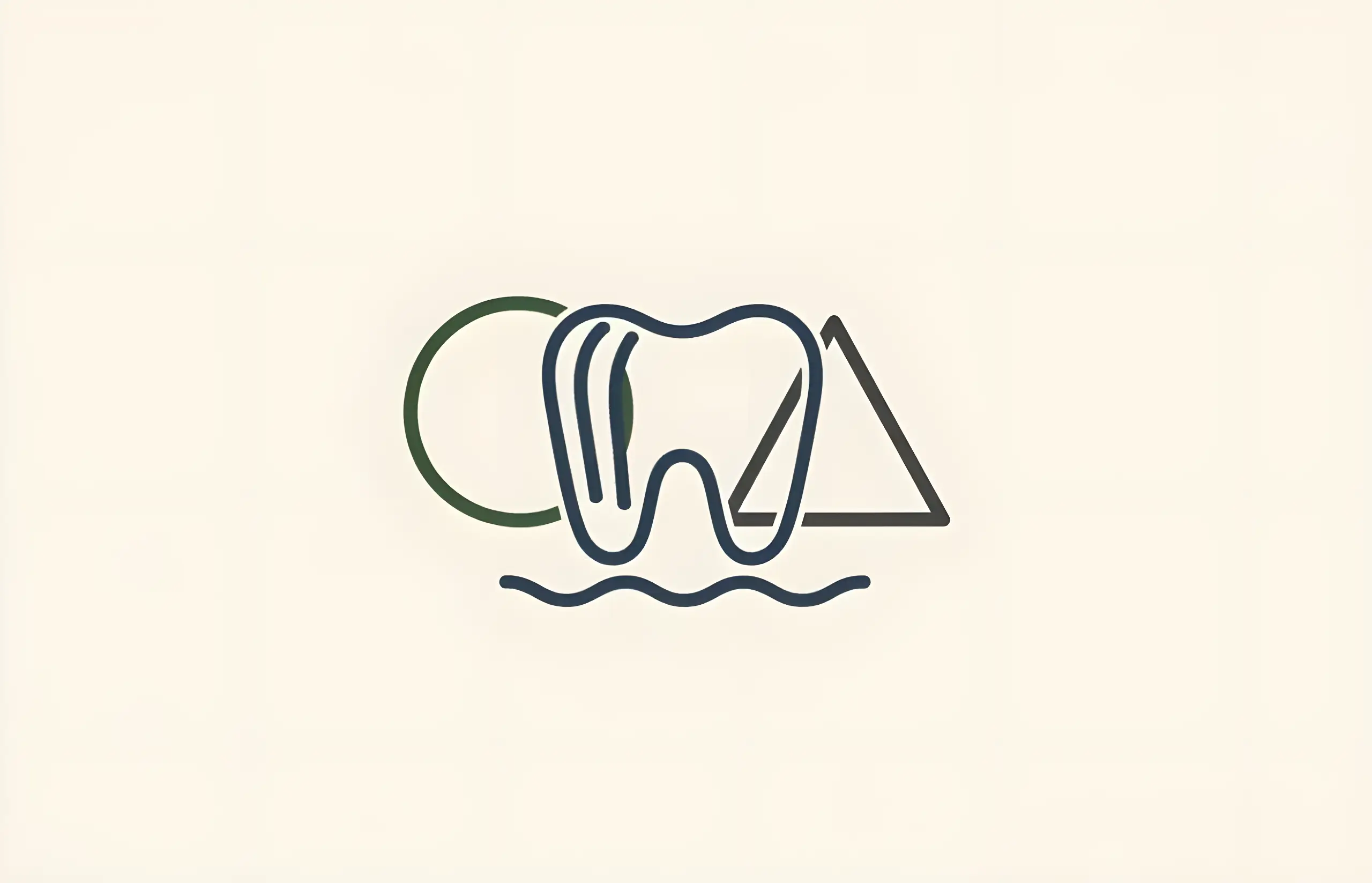
Alternatives to Veneers
Comprehensive guide to cosmetic dentistry alternatives to veneers, including teeth whitening, microabrasion, orthodontics, tooth recontouring, and dental bonding
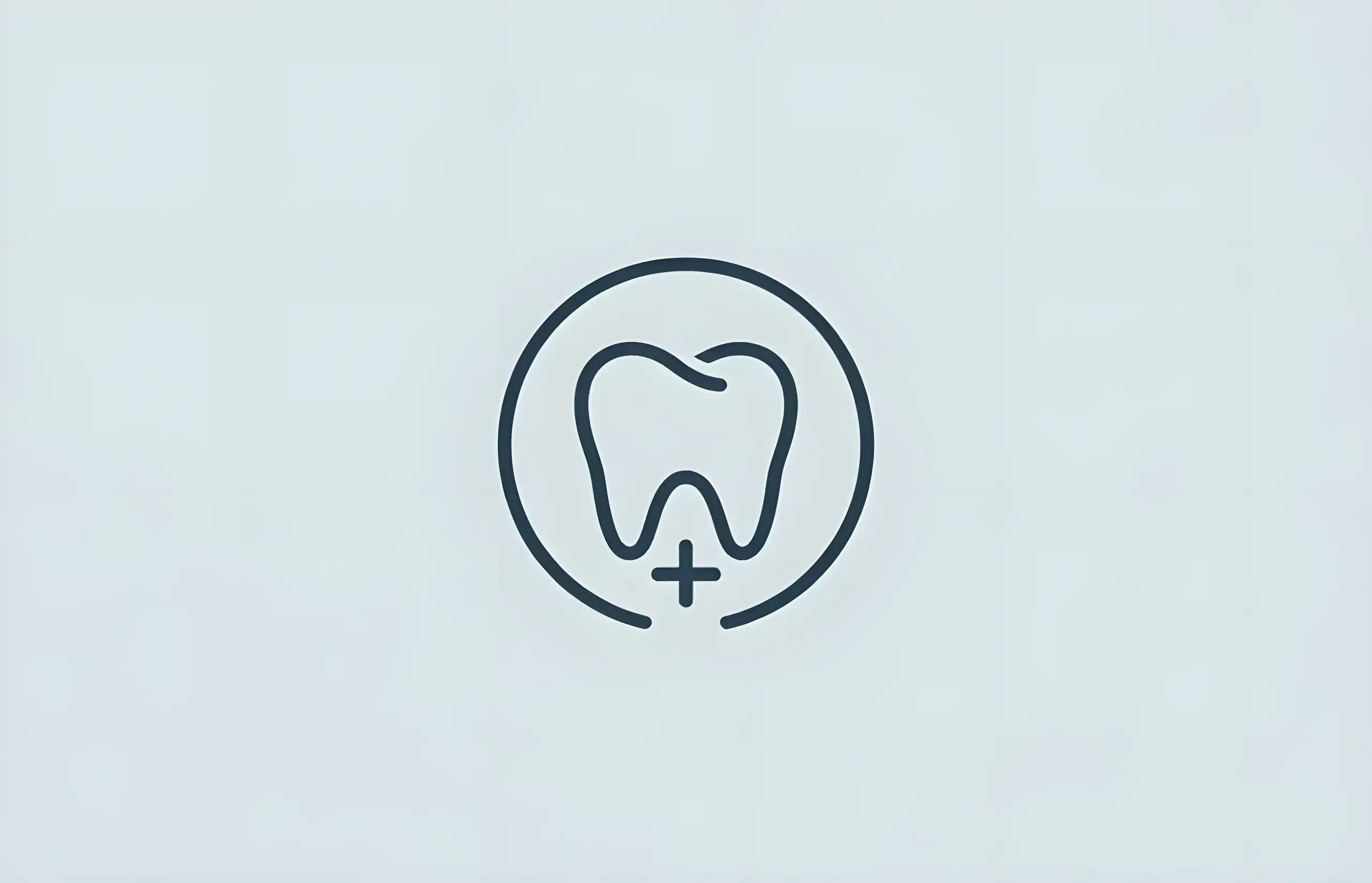
Are Dental Veneers Safe?
Comprehensive guide to dental veneer safety, including risks, complications, success rates, and important considerations for this popular cosmetic procedure

Are Veneers Bad for Your Teeth?
Comprehensive guide to how veneers affect your teeth, including enamel removal, long-term effects, proper placement, and important considerations

How Much Do Dental Veneers Cost in the UK?
Comprehensive guide to dental veneers including history, materials (composite, porcelain, lithium disilicate), treatment process, costs (£200-£1000 per tooth), longevity, care instructions, and cost factors
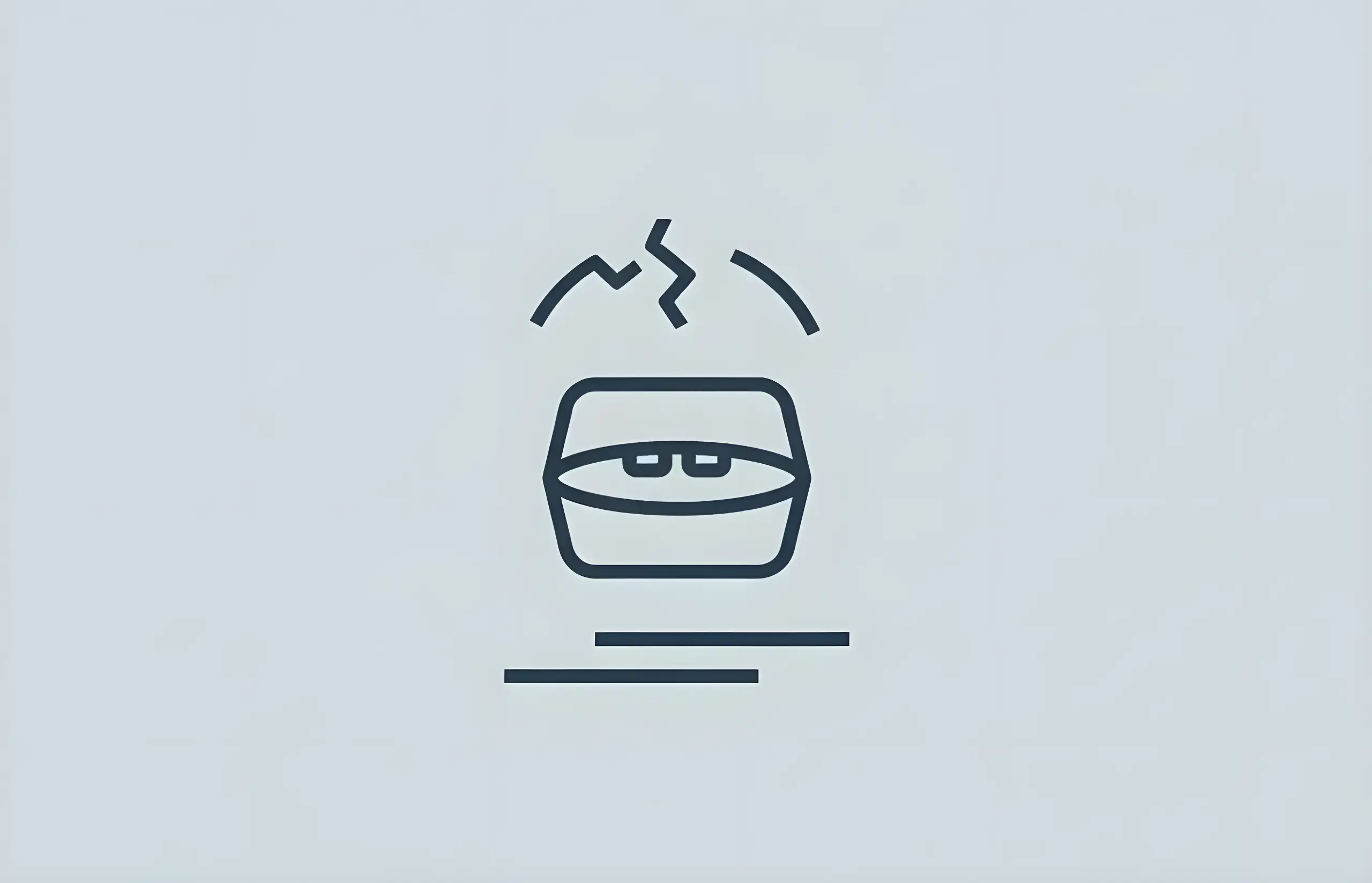
Do Temporary Veneers Look Bad?
Complete guide to temporary veneer appearance, materials (PMMA, bis-acryl), aesthetic outcomes, patient satisfaction, complications, and what to expect during the provisional phase

Do Veneers Hurt?
Comprehensive guide to veneer pain and sensitivity, minimally invasive vs conventional preparation, anesthesia requirements, postoperative discomfort (>20% incidence), no-prep veneers (100% survival, no anesthesia needed), and digital smile design pain reduction

No Prep Veneers – Costs and Information
Complete guide to no-prep veneers including Lumineers and Vivaneers, covering costs, benefits, who can have them, and how they compare to traditional veneers

The Pros and Cons of Veneers
Learn about the advantages and disadvantages of porcelain veneers including improved appearance, durability, stain resistance, cost, maintenance, and who is a suitable candidate
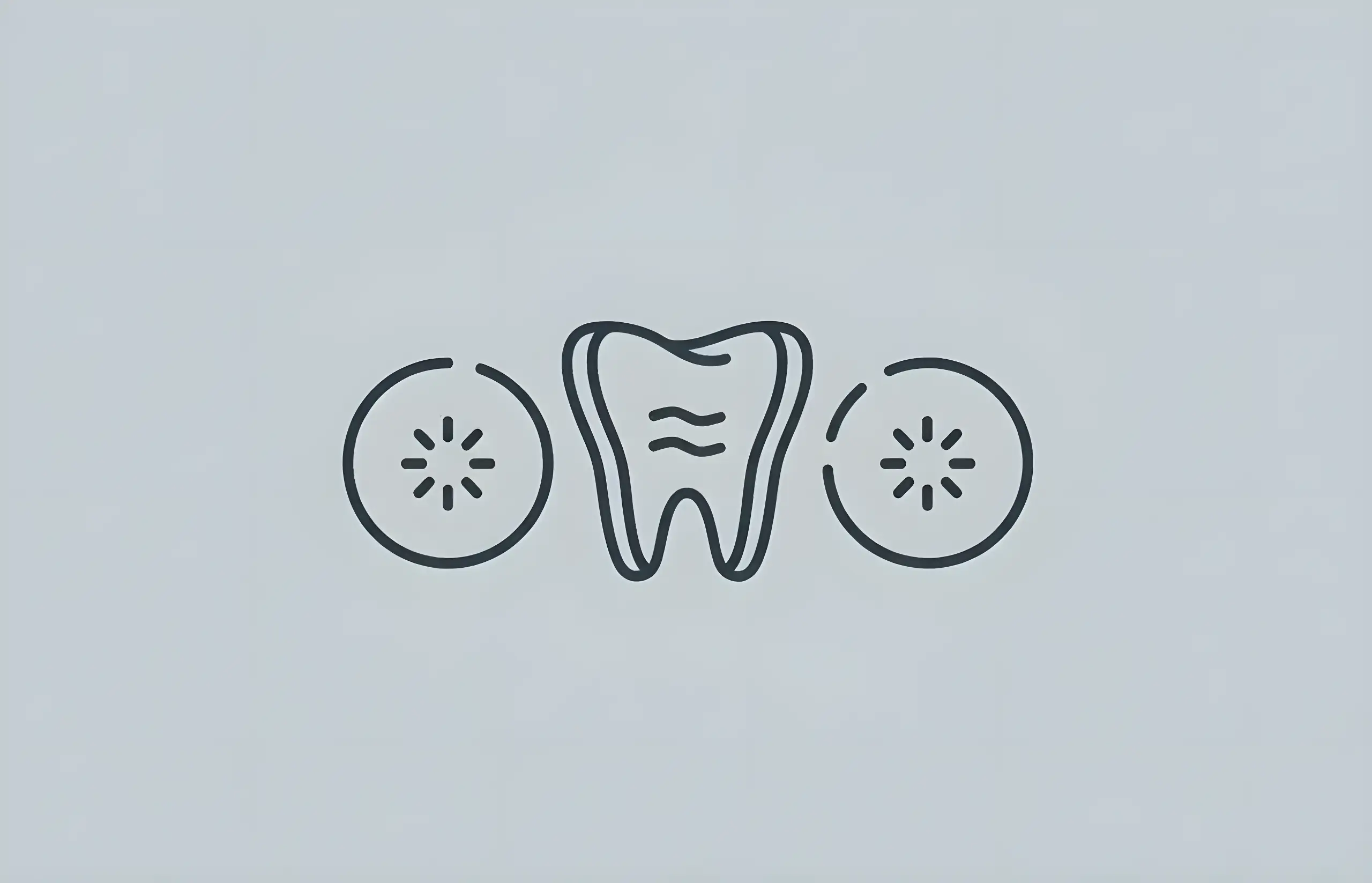
Sensitive Teeth After Veneers
Understanding causes, treatment options, and what to expect when experiencing tooth sensitivity after veneer placement

Different Types of Veneers
Comprehensive guide to veneer types including porcelain, composite, instant, and removable veneers with survival rates, costs, pros and cons, and how to choose the right option
About The Dental Guide
The Dental Guide is a trusted online resource providing evidence-based information about dental health, treatments, and procedures. Our content is created and reviewed by qualified dental professionals to help you make informed decisions about your oral health.
Our Mission
- Evidence-based dental information
- Expert-reviewed content
- Clear, accessible explanations
- Latest treatment options
- Patient-focused guidance
Editorial Standards
- GDC-registered dental professionals
- Peer-reviewed sources
- Regular content updates
- Medical accuracy verification
- Transparent authorship
Important Notice
The information on The Dental Guide is for educational purposes only and should not replace professional dental advice. Always consult with a qualified dentist for diagnosis and treatment recommendations tailored to your individual needs and circumstances.
Medically Reviewed
Reviewed by Dr. Nasim Mechoui , BDS (Bristol)
Share this article
Comments & Discussion
Have questions about dental implants? Share your thoughts or experiences.
